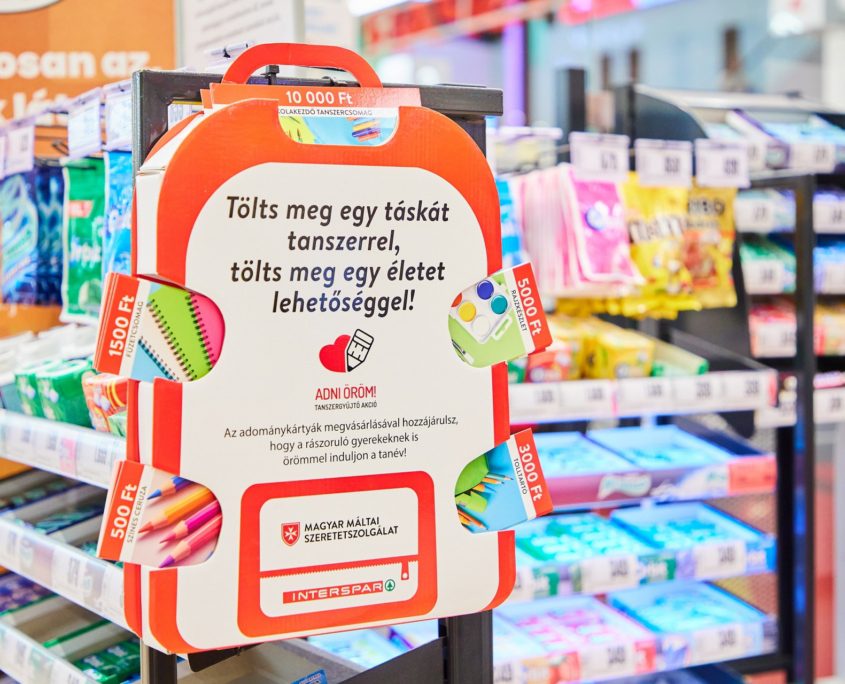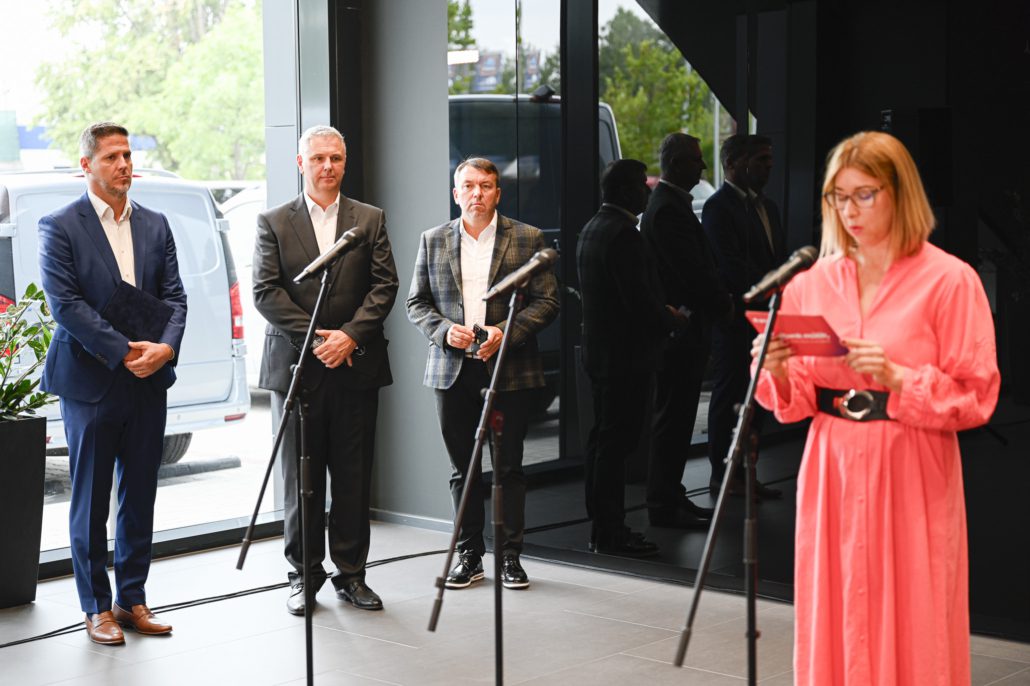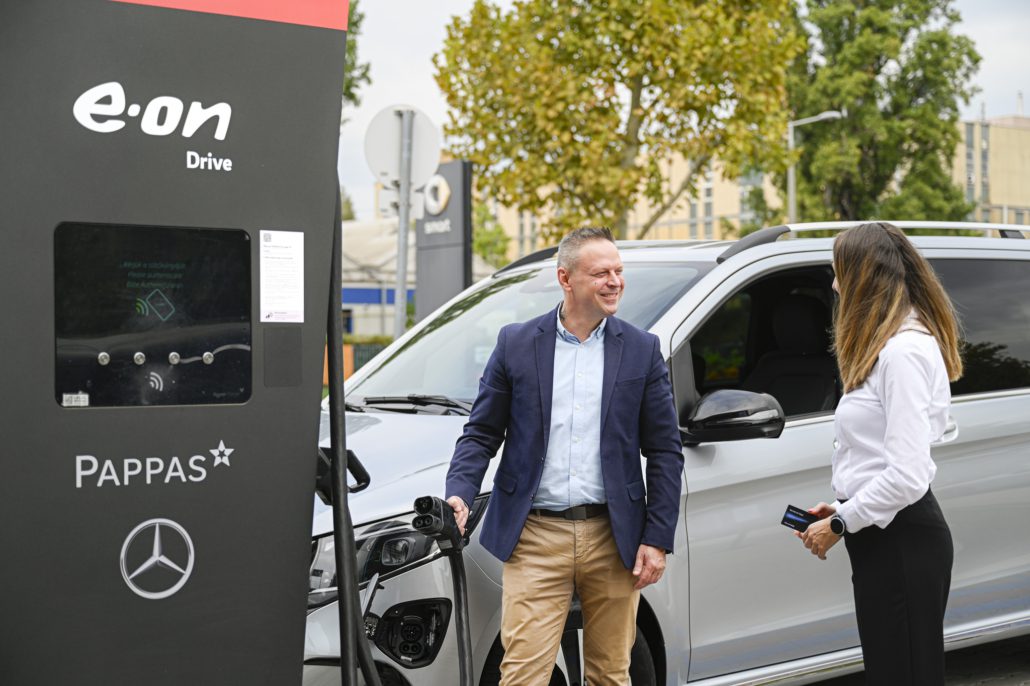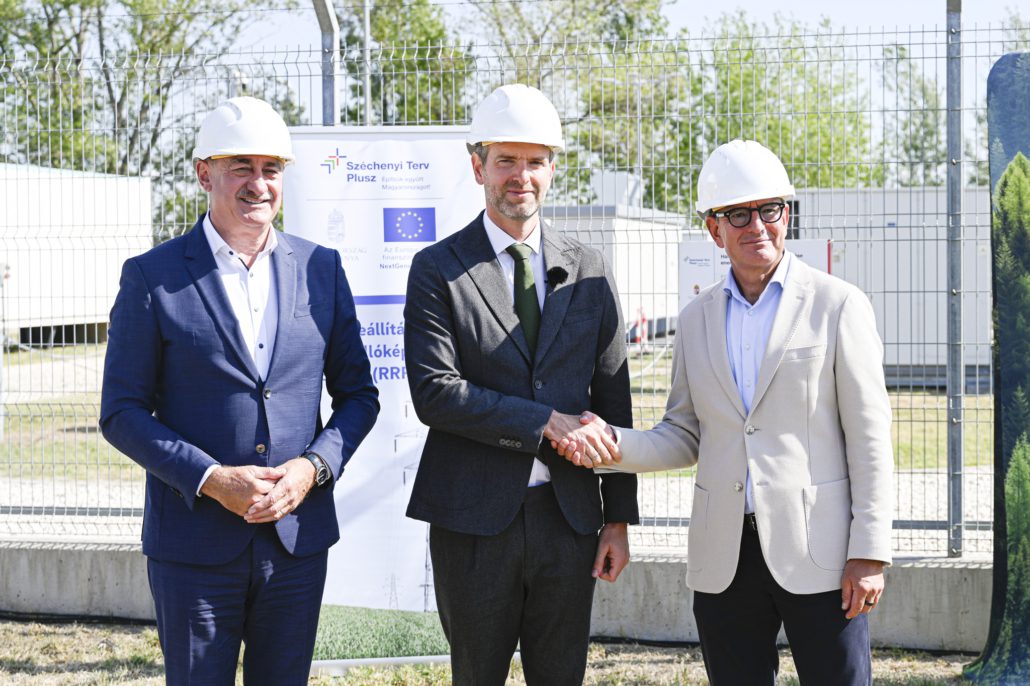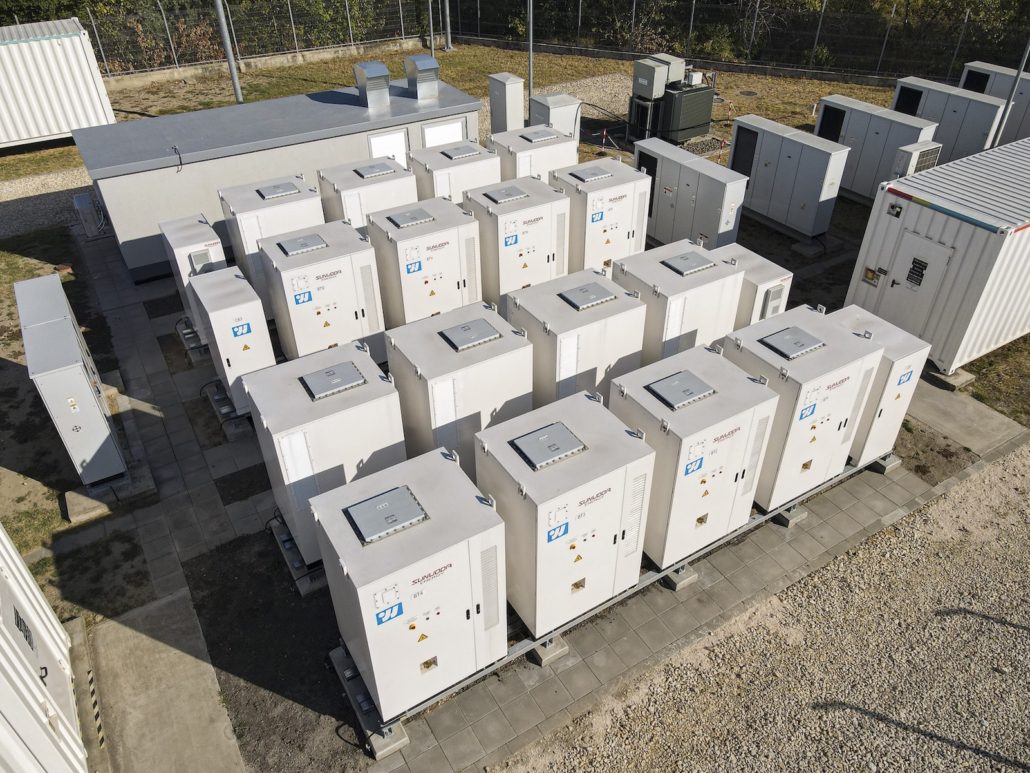Grant Thornton research: ESG and business growth go hand in hand
According to Grant Thornton’s latest international research, mid-market companies worldwide increasingly regard sustainability not merely as a regulatory obligation, but as a strategic growth driver. Nearly 90% of the surveyed businesses plan to maintain or increase their sustainability investments over the next 12 months, while more than half of business leaders already associate ESG directly with tangible business benefits.
Across the globe, we see that sustainability initiatives are less about compliance and more about creating business and economic value, becoming key drivers of competitiveness and brand strength. Mid-market leaders have recognized that ESG is not a cost but an investment — one that simultaneously enhances operational efficiency, strengthens employee engagement, and opens doors to new markets.
The Grant Thornton International Business Report (IBR) surveyed nearly 15,000 mid-market business leaders across 35 countries worldwide.
In 2025, 41.6% of companies cited staying ahead of competitors and 38% cited reputation enhancement as their primary sustainability-related business goals — both significantly stronger motivations than a year earlier.
The long-term business benefits are equally tangible: more than half of mid-market companies (54%) believe sustainability increases future profitability, while 51.3% expect it to drive revenue growth.
Key findings from the research:
85.9% of mid-market firms plan to maintain or increase sustainability investments this year.
Nearly half (49.8%) say sustainability performance is key to entering international markets.
A majority (54%) expect higher sales prices and improved profitability as a result of sustainability-related investments.
A defining strength of mid-market companies is their agility in responding to market changes. It is now clear that those who proactively integrate sustainability into their business strategy gain a competitive edge. This is not only about regulatory compliance but also about meeting the expectations of clients, investors, and employees alike.
Where are the investments flowing?
The most popular area is renewable energy (43.5%), supported by cost-efficiency and tax considerations. At the same time, commitment to diversity and inclusion has grown markedly: in the U.S., the proportion of mid-market firms investing in such programs rose from 31% to 44.8%.
In Hungary, the situation is partly similar — renewable energy continues to play a major role, while climate adaptation and internal governance measures (ethical codes, whistleblowing systems, supplier due diligence) are gaining importance, particularly as the mandatory “compliance” component of sustainability reporting gradually eases.
Reporting: a business tool, not a burden
Despite the changing regulatory landscape — including the EU’s CSRD simplifications — 72.9% of mid-market companies continue their sustainability reporting efforts. Among them, 44.8% consider transparency valuable from a business perspective, and 35.9% regard it as an integral part of their corporate mission.
Companies unable to demonstrate credible sustainability practices risk jeopardizing key business relationships. This is not merely a reputational issue — it can determine whether they remain part of critical supply chains.
It is also important to highlight the role of collaboration: costs and complexity remain shared challenges. Working together with investors, industry peers, and clients makes it easier to develop viable and broadly applicable sustainability practices.
Barriers and opportunities
The most significant barriers include costs (40.9%), regulatory complexity (35%), and administrative resource demands (32.3%). However, businesses increasingly recognize that sustainability investments can yield rapid returns and create long-term operational stability.
Currently, the greatest challenge is not cost, but economic uncertainty. The business confidence index is 26% lower than a few years ago, prompting many companies to act cautiously and scale back investments.
At the same time, the easing of regulatory pressure has opened up new opportunities: together with our clients, we can now focus more on identifying and implementing value-creating, long-term sustainable projects. These initiatives not only generate competitive advantages but also contribute to cost reduction and enterprise value growth.
Thanks to the trust of our clients, we have already prepared numerous ESG reports for first-wave obligated companies — and our experience shows that these almost invariably deliver tangible business benefits.

